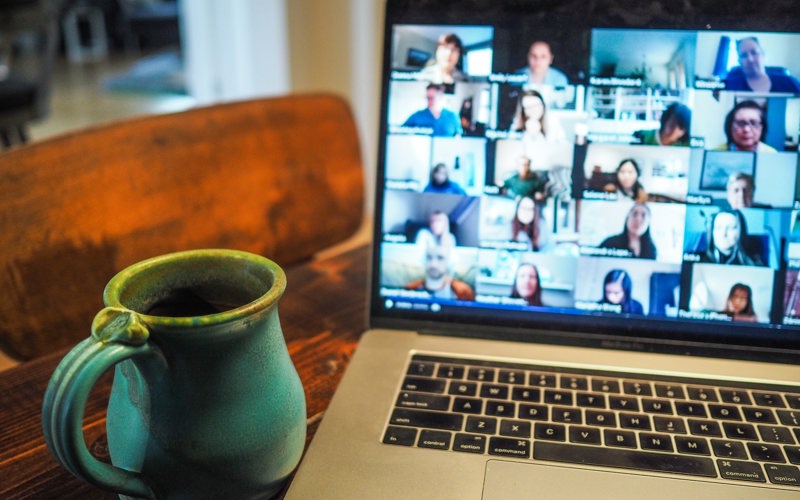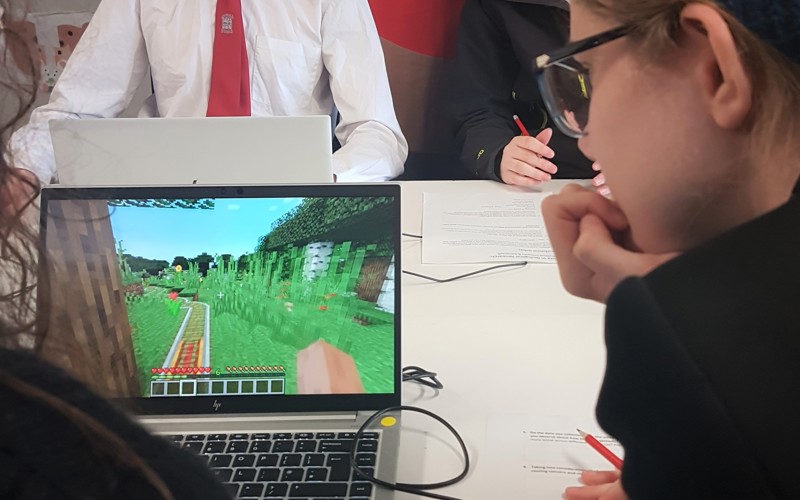The 'My Data' project: paving the way for partnerships between administrative data researchers and people who used drugs
Supported by the RDS Public Engagement Fund in 2023, the My Data project engaged with groups of people who are in recovery from drugs and alcohol use to explore perceptions of the use of administrative data in research.
Why did we apply for the fund?
When the opportunity arose for members of the Substance Use Research Group (SURG) at the University of Dundee to apply for funds to lead a public engagement project, we jumped at the chance.
Part of the team’s work uses administrative data to explore the impact of opioid use in pregnancy on maternal and child health. Whilst colleagues in qualitative research routinely work with members of the community, researchers working with quantitative data, particularly administrative data do this less.
This sort of funding – to develop relationships with communities and carry out innovative projects which are not part of a specific research project - is all too rare. Our team were keen to work more with data and people who use drugs in our research, but… what would happen if our participants did not want their data used, or raised other challenging questions, which might make our research ethically dubious in the future? It was a risk we took… and we were delighted that we did!
Partnership with Restoration Fife
The research team partnered with Restoration Fife – a social activities community organisation for people in recovery from substance use who run regular drop-in groups across Fife.
We worked with Restoration Fife to make sure the design of our project was appropriate for the participants. We had to take account of the available space, likely numbers of people, and financial incentives. Some changes were made as a result– we had initially thought that we would have separate gender groups, but staff felt that the groups would feel happier working together.
We had also planned to follow the NIHR incentive guidance, however, with the length of the project, this might have meant that some people would receive quite substantial rewards, whilst others received far less. There was a concern that this might make people vulnerable. We therefore gave smaller individual incentives in the form of shopping vouchers, group incentives such as pizza and a thank you payment for the organisation to use for group activities.
What did we do?
This project sought to find out how people who used drugs felt about researchers using their administrative data in research, and to share this information with others in the community.
First we hosted two focus groups to gather participants’ views. We used different ways to capture this information and stimulate conversation, including a traffic light system where participants colour coded different types of data (e.g. education, drug and alcohol data, GP records) as red, amber, or green depending on whether they would never want to share those data, were unsure/it depended on the context, or would be happy to share those data. We also had a fantastic illustrator, Graham Ogilvie, who drew what the participants were saying. This was very popular and gave participants instant feedback and that we were listening.
Secondly, a smaller group of participants worked with an amazing animator, Andrew Low, over three weeks, to create a short animated film about their views of researchers using their administrative data. The three workshops included brainstorming ideas, creating storyboards, designing materials for filming, filming the animations and recording voices. In the final session, the group watched the film and fed back on any changes.
Click here to watch the film.
What did the participants say?
Participants reported not knowing much about how their data are used and shared for research purposes. Participants expressed surprise that most health data do not require consent to be shared, and there was a view that consent should be collected. There was also, however, recognition that this might limit the quality of data available if people opted out. There were conversations about the quality of these data, and the impact of stigma within services on data.
Whilst participants were positive about sharing their data, generally, there was also a view that some types of data were more uncomfortable to share, such as social work data. A contrasting view was also put forward though, that if these data made a difference to others’ lives, then they should be shared. A report comprising more detailed results will be produced in 2024.
What was the end result, and what's next?
The participants enjoyed being part of the project and loved the animation. The film has since been shown in several different places with many commenting on its power.
This project allowed us to build a relationship with Restoration Fife in a way that research funding would not, and we hope that it will provide a long-lasting legacy for the partnership, with various plans in the pipeline for future research, as well as reassurance that we have people’s support for using their data, as long as our goal remains to improve the lives of people who use drugs and their families.
Click here to watch the film.
Stay updated with the My Data project team on X/Twitter:
School of Health Sciences, University of Dundee
Dr Louise Marryat
Camila Biazus
Dr Senga Robertson-Albertyn



